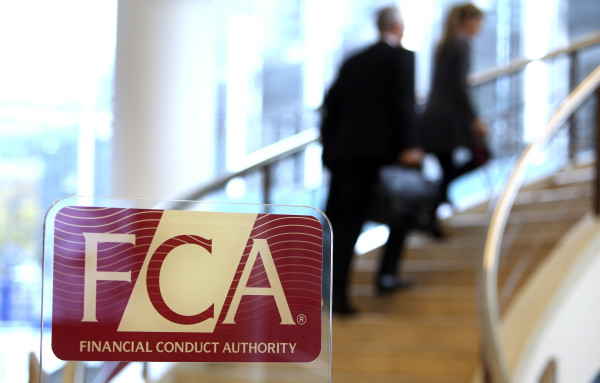

Speaking to the House of Lords European Union justice sub-committee today (10 October), the FCA’s executive director of strategy and competition said many standards were now set globally.
Mr Woolard dispelled the idea that post-Brexit Britain could attract business by slashing its regulatory burden.
He said: “This is an international system we are talking about here. If you look at where the majority of business is done, it is in pretty rough enforcement jurisdictions.
“What looks like a good plan to deregulate in certain circumstances comes back to bite people years later when the compensation scheme kicks in.
“This is a system of international standards where money tends to have a flight to quality.
“This phrase of ‘Singapore-on-Thames’ gets used a lot and clearly the Singaporean authorities have an approach to how they attract international business but the thing I have learnt when dealing with their regulator is that their system of regulation is pretty much the same standard you would find in the US or Hong Kong or here.
“Of course there are differences in the nuances between different systems but I don’t think there is a really established financial services regulator around the world who would argue that having a low standard of consumer protection is a good way of having a solid basis for having an industry to go forwards.”
Mr Woolard said these international standards also meant the European Union was unlikely to implement rules which diverge wildly with the principles the FCA uses or to cut regulation to attract business from the UK.
But he added: “I cannot sit here and say there is no risk because there clearly is a risk if we are not at the table.”
Mr Woolard said many of the regulations which came out of the European Union follow principles which the FCA itself agrees with.
He said: “The majority of EU regulations around financial services is often something that if it didn’t exist, we would want to have something similar anyway.
“Clearly when that is developed in the context of 28 member states there will be pieces we would deal with in a different way but the underlying principle will be the same.”
He added that the FCA would have to “scale-up significantly” its resources to deal with Brexit in its next budget.
Mr Woolard said the FCA would not "take its foot off the pedal" on supervision because of the extra work of Brexit but said the regulator would have to think about "the order" in which it does things.
Just days after the UK voted to leave the European Union, FTAdviser pointed out Brexit was unlikely to change the need for financial advisers to meet Mifid II requirements and the demands of other rules generated by Brussels.
The UK’s decision to exit the European Union on 23 June prompted the resignation of prime minister David Cameron, a fall in the FTSE 100 of more than 5 per cent and a collapse in the pound’s value to a then 30-year low of $1.32.
damian.fantato@ft.com



